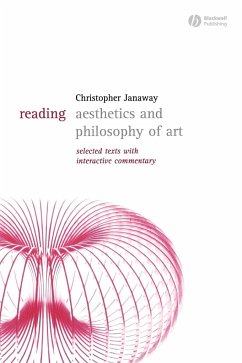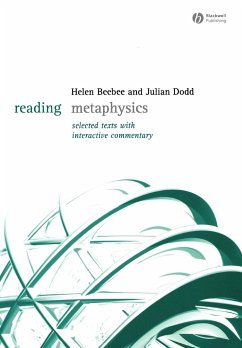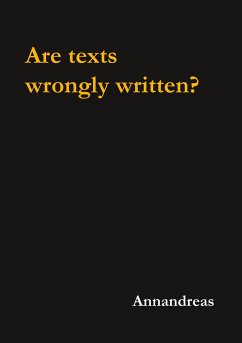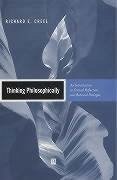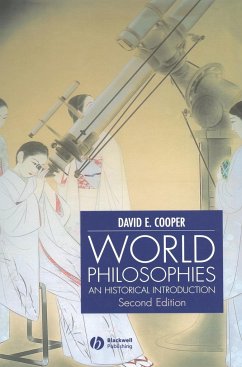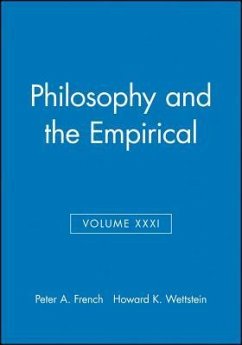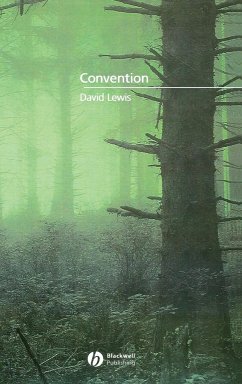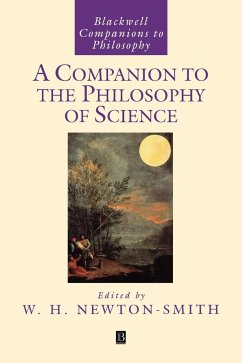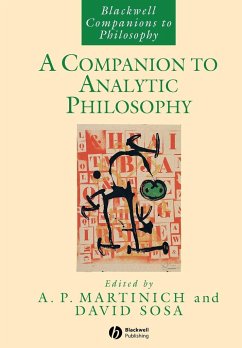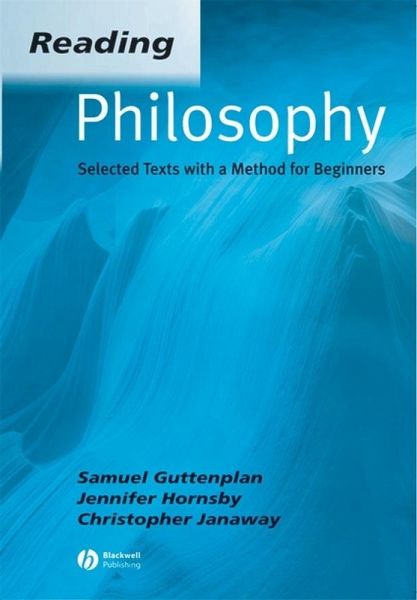
Reading Philosophy
Selected Texts with a Method for Beginners
Versandkostenfrei!
Versandfertig in über 4 Wochen
125,99 €
inkl. MwSt.

PAYBACK Punkte
63 °P sammeln!
Reading Philosophy will appeal to both those beginning their study of philosophy at a university and those who want to engage with the subject on their own. Unlike introductory books which tell the reader about the subject, this one requires the reader to do philosophy. Its direct approach makes the book valuable both for students and for other readers. It can be used as the set reading in seminars in introductory courses: each chapter can act as a focal point for extended discussion week by week. But it is also well adapted for self-sufficient use by individuals working without a teacher. The...
Reading Philosophy will appeal to both those beginning their study of philosophy at a university and those who want to engage with the subject on their own. Unlike introductory books which tell the reader about the subject, this one requires the reader to do philosophy. Its direct approach makes the book valuable both for students and for other readers. It can be used as the set reading in seminars in introductory courses: each chapter can act as a focal point for extended discussion week by week. But it is also well adapted for self-sufficient use by individuals working without a teacher. The volume provides eighteen examples of high-quality philosophical texts, covering nine philosophical topics: Doubt; Self; Tragedy; Equality; Dilemma; Identity; Freedom; Causality; Qualities. The texts include writings by Descartes, Boyle, Locke, Berkeley, Hume, Schopenhauer and J. S. Mill, as well as eight written by philosophers in the late twentieth century. Each chapter contains an introduction to the problem, introductions to the texts and their authors, and interactive commentaries on the texts.



